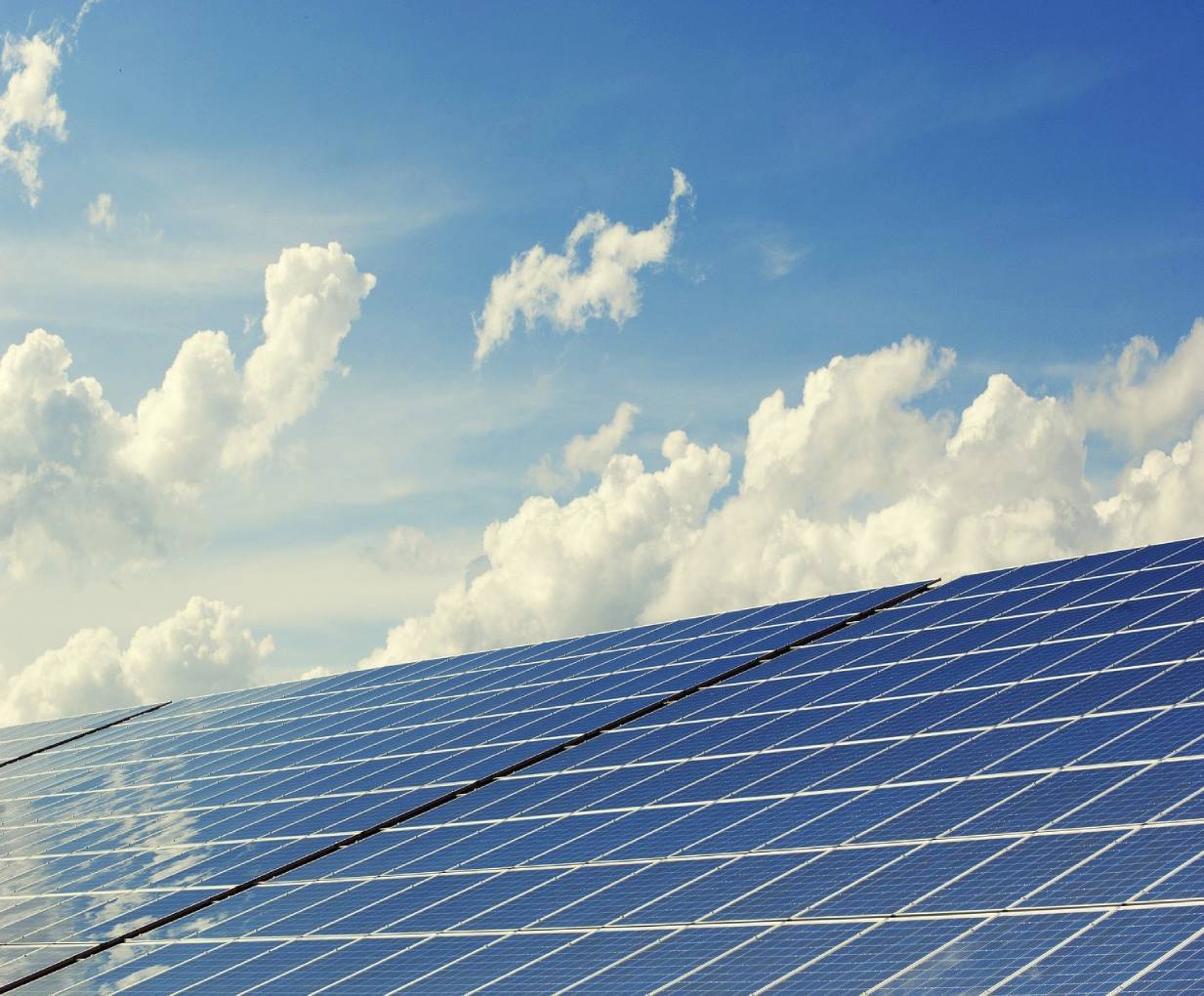Solar and storage can form essential pillar of EU Green Recovery
Statkraft develops innovative and tailor-made solutions to support companies in delivering on their sustainability targets. In 2020, Daimler and Statkraft have inked a deal on an industrial scale including a highly credible and sustainability-driven concept for a 24/7 PPA called Pure Statkraft PPA.
 This week, SolarPower Europe published two recommendation papers on Battery Energy Storage Systems (BESS) and Recovery and Resilience Plans. These publications occurred in the context of voting in the European Parliament, as the Committee on Economic and Monetary Affairs and the Committee on Budgets adopted a mandate to negotiate with the EU Council on the Recovery and Resilience Facility proposed by the European Commission in June. The €672.5 billion instrument is the largest item of the Commission’s COVID-19 Recovery Plan, “Next Generation EU”. The Facility will provide Member States with grants and loans to finance investments and reforms that will kick-start economic recovery through dedicated Recovery and Resilience Plans.
This week, SolarPower Europe published two recommendation papers on Battery Energy Storage Systems (BESS) and Recovery and Resilience Plans. These publications occurred in the context of voting in the European Parliament, as the Committee on Economic and Monetary Affairs and the Committee on Budgets adopted a mandate to negotiate with the EU Council on the Recovery and Resilience Facility proposed by the European Commission in June. The €672.5 billion instrument is the largest item of the Commission’s COVID-19 Recovery Plan, “Next Generation EU”. The Facility will provide Member States with grants and loans to finance investments and reforms that will kick-start economic recovery through dedicated Recovery and Resilience Plans.
The European Parliament has called on Member States to ensure that 100% of Recovery and Resilience funds are allocated within the following six pillars: the just green transition, the digital transformation, economic cohesion, social and territorial cohesion, institutional resilience, and policies for the Next Generation.
Walburga Hemetsberger, CEO of SolarPower Europe, commented: “The European Parliament confirms the ambition of ensuring that EU recovery funds are directed towards activities that contribute to the objectives of the European Green Deal. As the lowest-cost, most scalable and job-intensive energy source the European solar sector is uniquely positioned to contribute to the Commission’s goals, and to pave the way to a climate neutral EU by 2050.”
Together, the BESS and RRP papers substantiate how Recovery and Resilience instruments offer Member States a unique opportunity to invest in solar and BESS in order to boost the clean energy transition, enable sustainable growth and create green jobs.
SolarPower Europe recommends EU Member States take 6 actions to make solar the core of green Recovery and Resilience Plans. Key recommendations include the opportunities offered by boosting the deployment of utility-scale solar and storage, rolling out solar-rooftop and storage programmes, and promoting electrification, to contribute to the objectives of the Recovery and Resilience Facility.
Miguel Herero Cangas, Policy Advisor for SolarPower Europe, commented: “Our recommendations show how Member States can capitalise on the opportunities offered by the solar sector and ensure recovery funds are directed towards investments that will increase the resilience of the EU economy. The low cost of utility-scale solar will be central to boosting the competitiveness of EU industry. Member States should maximise the impact of their recovery plans by deploying large-scale solar and storage plants though additional renewable energy tenders, supporting PPAs or de-risking finance for projects with budget guarantees. Furthermore, pursuing ambitious plans to deploy solar rooftop offers the highest emission reductions of any power generation investment, as shown by the IEA.”
The BESS paper indicates that Recovery and Resilience funds will arrive at the ideal moment to boost policy frameworks for battery storage across member states, enabling growth levels that are in line with EU climate ambitions.
Considering these findings, Raffaele Rossi, Policy Analyst for SolarPower Europe, added: “As we have seen from our European Market Outlook for Residential Battery Storage 2020-2024, a rapid market uptake is taking place in Europe, but still, this is happening in a handful of pioneering countries only, and the deployment potential is much higher. BESS has the potential to become the cornerstone of a renewable-based energy system in the EU.”
Monday’s position was approved by the Budget and Economic and Monetary Affairs Committees, with 73 votes in favour, 11 against, and 15 abstentions. Negotiations with the EU Council will begin tomorrow, on Friday, 13 November.
Article originally published by SolarPower Europe. Read the original article here.